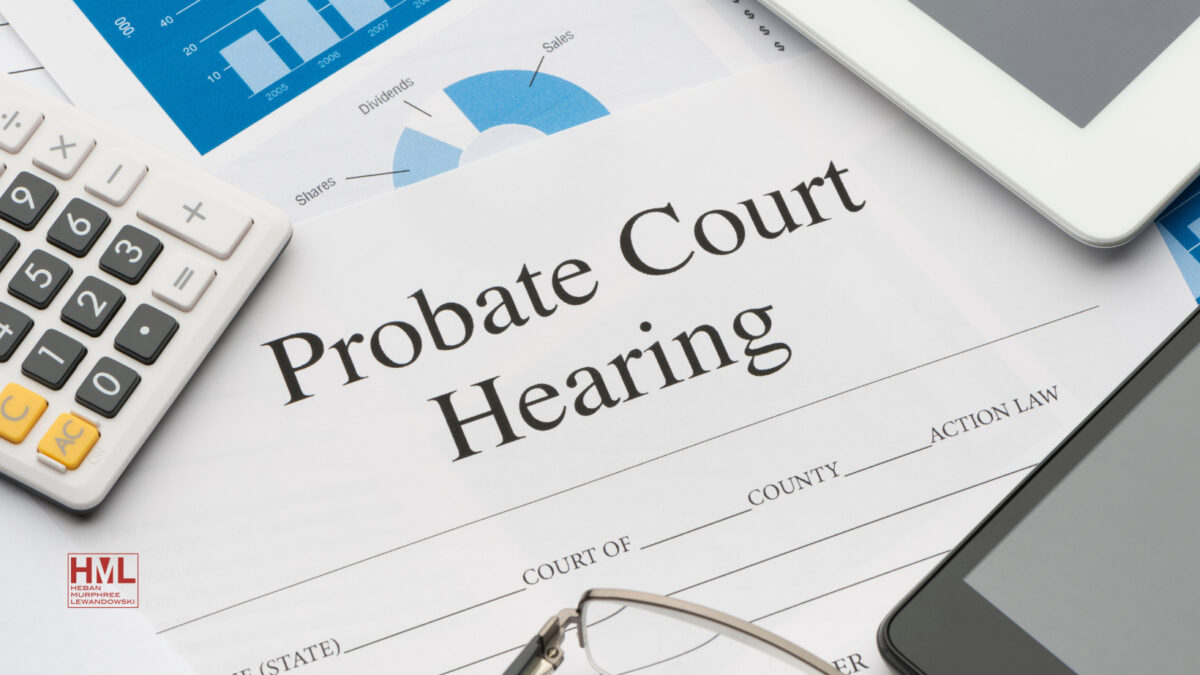- EXPERIENCED LAW FIRM IN TOLEDO, OH
- (419) 662-3100
What Assets Are Subject to Probate in Ohio?

What Should Be In A Death Folder?
October 5, 2022
Top Things To Do In Toledo During The Holidays
November 14, 2022Ohio Probate Law Explained
The legal procedure following an individual’s death in Ohio is called “probate.” This is the case regardless of whether or not the deceased prepared a valid will. If a deceased (or ‘decedent’) left a will, then the estate is divided following the terms of the will. Ohio probate rules govern how the deceased’s assets are allocated following death if there is no will.
Probate may not always be necessary, depending on the deceased’s assets.
How Probate Works In Ohio
Probate starts when the court names a personal representative to oversee the estate’s administration. This individual will frequently have been named in the decedent’s will. If not, one is designated by the court or court clerk.
The named estate administrator is then responsible for gathering information on the deceased’s assets. They must then take care of outstanding debts held by the estate, such as taxes, creditors, funeral expenses, and expenses related to the estate’s administration. Once all that is accomplished, the administrator can distribute any remaining assets.
How the estate is administered depends on whether the deceased has a valid will and the type of probate administration the estate must follow. If a decedent’s estate is sufficiently small, Ohio law permits streamlined procedures known as “release from the administration” and “summary release from probate” to be used to probate the estate.
To qualify for a “release from administration,” a surviving spouse would inherit all property involved, and the value of the estate must not exceed $100,000, or the estate overall must be valued at less than $35,000.
For a “summary release from the administration”—which involves no probate—the estate’s value must be less than $5,000, or the funeral expenses must be the same amount. In addition, if the estate is worth less than $45,000, all assets will be transferred to any surviving spouse.
Without a surviving spouse, the remaining estate is divided equally among the deceased’s siblings or descendants.
What Assets Do and Do Not Got Through Probate?
Probate occurs when an individual passes on having left the property in their name or having rights to receive property.
Examples include:
- Real estate owned by the deceased individually (i.e., only their name appears on the title)
- Real estate co-owned as tenants in common
- Bank accounts in the deceased’s name with no co-owner or named beneficiary
- Stocks and bonds held by the deceased only
- Vehicles registered in the deceased’s name only
- Physical possessions such as jewelry, art, clothing, and furniture
Alternatively, assets that can bypass probate would include:
- Real estate owned as joint tenants with a “right of survivorship or tenancy by the entirety.”
- Life insurance payouts with a named beneficiary
- Retirement accounts with a designated beneficiary
- Bank accounts that include Payable on Death (POD) or Transfer on Death (TOD) clauses
- Property held in a revocable trust
Additional Questions Answered About Probate
Probate can be complicated, mainly if the deceased left behind a sizeable or varied estate. Here are some other things you might want to know.
Who decides if I need probate?
Ultimately, the probate court will be the final judge. In general, if property is left behind, it will go through probate, barring the exceptions listed above. Also, as previously mentioned, there are some instances in which the court will allow for a more streamlined version, making it easier, quicker, and cheaper for the estate administrator and other survivors.
Do I need to go to probate if I have Power of Attorney?
Holding power of attorney during an individual’s lifetime has no bearing on whether or not probate is needed after they pass away. The need for probate depends entirely on what the deceased owned when they died.
Do you need probate to sell a house in Ohio?
Yes. The estate administrator can sell the deceased’s property as part of the probate process, whether a house, condo, or land. The details, and how easy it may or may not be, will often depend on whether or not the deceased died with a will.
In both cases, a qualified probate attorney is often brought in to help the estate administrator or will’s executor with the process.
Does a car have to go through probate in Ohio?
Often, yes, if the vehicle is registered in the deceased’s name only.
To avoid probate, the deceased must create a Transfer on Death (TOD) document allowing the vehicle’s ownership to be transferred without a will or need for probate.
More Help With Estate Matters
The experienced attorneys at Heban, Murphree & Lewandowski, LLC are ready to answer any questions about wills, trusts, settling estates, and managing assets following someone’s passing. We can also walk you through the probate process and handle debts, taxes, property ownership, and transfers.
Contact Heban, Murphree & Lewandowski, LLC today for a free consultation.









